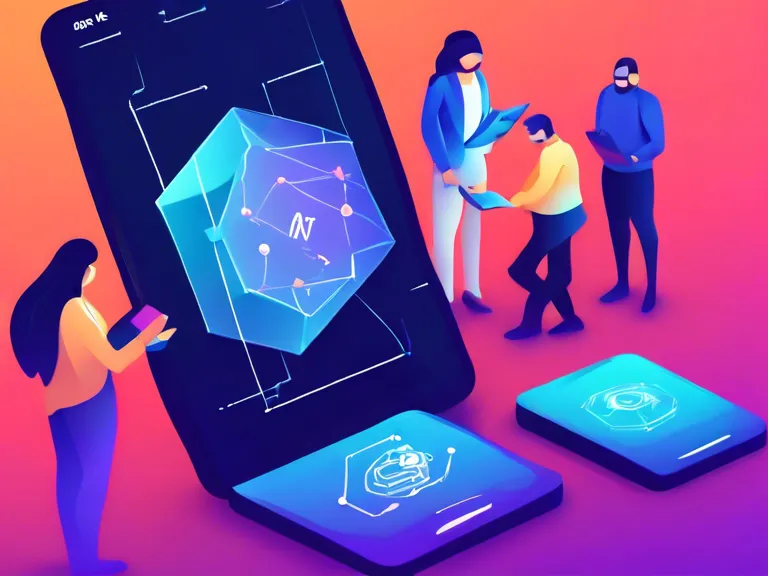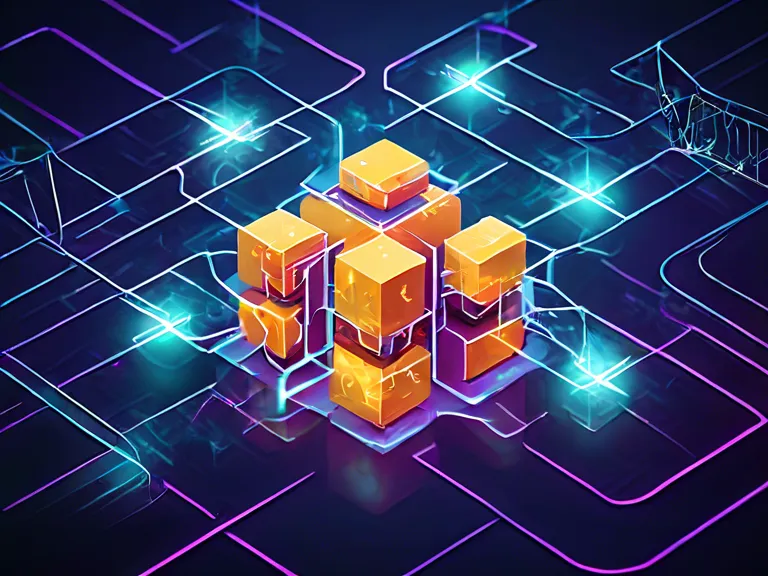
The convergence of smart contracts and non-fungible tokens (NFTs) is revolutionizing ownership and transactions on the blockchain. Smart contracts are self-executing contracts with the terms of the agreement between buyer and seller directly written into lines of code. NFTs are unique digital assets that represent ownership of a particular item or piece of content, such as artwork, music, or collectibles. When combined, smart contracts and NFTs create a new paradigm for secure and transparent ownership and transactions on the blockchain.
One of the key benefits of smart contracts and NFTs is the ability to automate transactions without the need for intermediaries. This eliminates the need for third parties, such as banks or lawyers, reducing costs and increasing efficiency. Smart contracts also ensure that the terms of the agreement are enforced automatically, providing a high level of security and trust in the transaction.
NFTs add another layer of security and uniqueness to ownership on the blockchain. Each NFT is one-of-a-kind and cannot be replicated, ensuring that the owner has true ownership of the digital asset. This is particularly valuable in industries such as art and collectibles, where provenance and authenticity are essential.
Furthermore, smart contracts can be programmed to include additional functionality, such as royalties for the original creator of the NFT. This allows artists and content creators to benefit from future resales of their work, creating a more equitable and sustainable ecosystem for creators.
Overall, the combination of smart contracts and NFTs is transforming ownership and transactions on the blockchain, creating new opportunities for secure, transparent, and efficient transactions. As the technology continues to evolve, we can expect to see even more innovative use cases for smart contracts and NFTs in the future.



